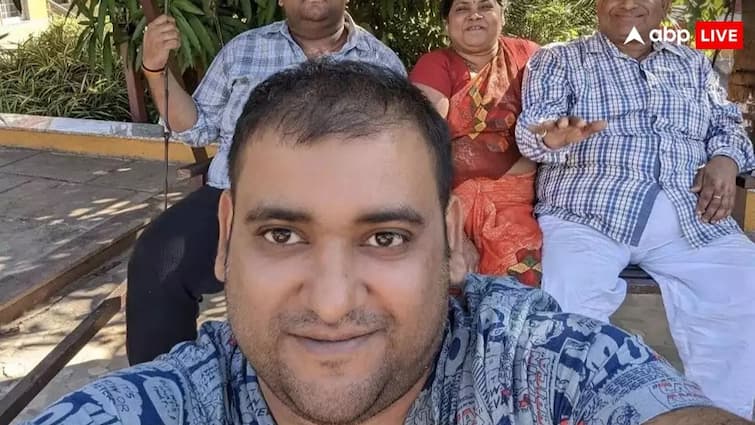The United Kingdom (UK) is reeling under shortage of health & care workers. According to Skills for Care, an industry body, at the end of March 2023, there were more than 150,000 vacancies across the adult social care sector, that is equivalent to 9.9% of the country’s vacant roles.
In a bid to fill the rising number of vacancies, the government added senior care workers to the Shortage Occupation list in 2021, followed by care workers in February 2022. Up to June 2023, 77,700 long-term work visas were granted to care workers – a six-fold increase from 12,300 year-over-year in 2022. Health and care visas now account for two in five of all skilled work visas issued in the UK.
This visa category is extremely popular with Indians – more Indians than any other nationality go to the UK on this visa route. In the year ending June 2022, 24,348 Indians were granted health and care worker visas which went up to 45,943 this year.
Also Read: UK Family Visa salary threshold hike: Explained
In an exclusive interview, Yash Dubal, Director & Senior Immigration Associate, A Y & J Solicitors, London, shares all the necessary details about the UK’s health & care visa.
What is a Health & Care Worker visa?
A Health and Care Worker visa of the UK was introduced in August 2020 and allows medical professionals to come to or stay in the UK to do an eligible job with the British National Health Service (NHS), an NHS supplier, or in adult social care.
What is the eligibility criteria?
The UK health and care worker visas are only open to adults and apply to NHS clinics, hospitals and community services and private health and care providers who are approved to employ overseas workers.
To qualify, an applicant must be a qualified doctor, nurse, health professional or adult social care professional and must have a qualifying job offer from a UK employer which has been approved by the UK Home Office.
Applicants must have a ‘certificate of sponsorship’ from their British employer with information about the role that has been offered in the UK. The salary for the job must meet minimum salary requirements as listed on the UK Government website.
Are degrees from Indian universities recognised?
Applicants who studied abroad will need to apply through Ecctis (formerly UK NARIC) for confirmation that their qualification is equivalent to a UK bachelor’s degree, master’s degree or PhD.
What about English language proficiency?
Applicants must also prove they can read, write, speak and understand English to at least level B1 on the Common European Framework of Reference for Languages (CEFR) scale.
This can be done in a range of ways, including passing a Secure English Language Test (SELT) from an approved provider, having a UK GCSE, A level, Scottish National Qualification level 4 or 5, Scottish Higher or Advanced Higher in English, gained through study at a UK school that you began when you were under 18, having a degree-level academic qualification that was taught in English.
Where & how can one apply for this visa?
Indians applying from outside the UK should apply online through the official UK government website. As part of the application process applicants will need to prove their identity. This will generally mean having fingerprints and a photograph taken at a visa application centre in India. This is to get a biometric residence permit.
What is the fee?
There are several fees associated with the Health and Care Visa and applicants must be able to show they can support themselves in the UK. Proof of this is usually evidenced by having at least £1,270 available.
The standard application fee depends on the length of the visa. Up to three years, it is £284 per person, and for more than three years, it is £551 per person.
What is the processing time?
Once an online application has been made and the appropriate documents provided, and identity has been verified a decision is usually made within three weeks.
In some cases, the process can take longer if, for example, supporting documents need to be verified, the applicants are required to attend an interview or there are extenuating personal circumstances, for example, if the applicant has a criminal conviction.
How long is the visa valid? Can it be renewed?
Visa can last for up to 5 years and can be extended. Holders must apply to extend or update visas when they expire or if their job or employer changes.
What are the benefits that the visa holder’s dependants are entitled to?
A dependant partner or child is classified as a husband, wife, civil partner or unmarried partner, a child under 18 including if they were born in the UK during your stay, a child over 18 if they’re currently in the UK as a dependant.
Applicants need to provide evidence of these relationships when they apply. In 2022, 30,000 Indian nationals moved to the UK under the health and care worker visa route. Of these, over half (18,000) bought dependents with them.
Can one transition from this work visa to UK citizenship?
After five years, health and care visa holders may be able to apply to settle permanently in the UK under the ‘indefinite leave to remain’ scheme.
This gives people the right to live, work and study in Britain for as long as they like, and to apply for certain benefits if they are eligible. Visa holders are not eligible for benefits before this but will be able to get health treatment on the NHS
Also Read: UK visa fee hike for visitors effective this week: Impact on Indians explained




